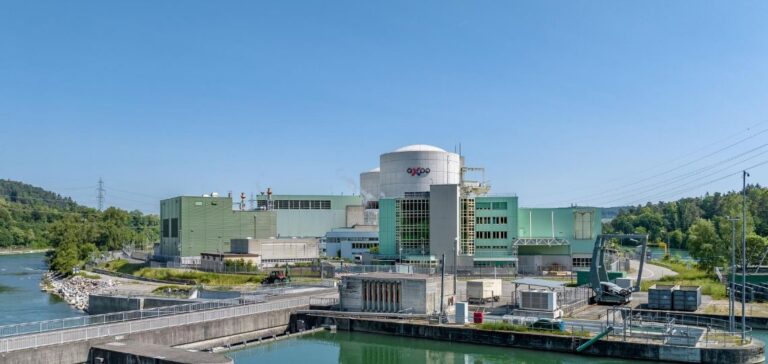Reactor 2 of the Beznau nuclear power plant, located in Switzerland, was shut down in an emergency on Monday at 1:05 p.m. (12:05 p.m. GMT) following an operational error during a routine inspection. The Axpo group, which operates the plant, stated in a press release that the security procedure was immediately triggered and that the incident posed no danger to the population or the environment.
One of Europe’s oldest power plants
Commissioned in 1971, Beznau Reactor 2 is one of the oldest still in operation worldwide. Reactor 1, which began service in 1969, completes the site, making it the oldest nuclear power plant in Europe still in operation. Switzerland has four active nuclear reactors, all of which have been in service for several decades.
A monitored restart
Axpo stated that the reactor will only restart after approval from the Swiss Federal Nuclear Safety Inspectorate (IFSN). During this phase, water vapor may be visible around the plant, a phenomenon considered normal by the operator. The facility undergoes regular inspections to ensure its proper functioning, and Axpo announced in 2023 its intention to extend its operation until 2033.
An uncertain future for nuclear power in Switzerland
In 2017, a referendum confirmed the gradual phase-out of nuclear energy, which accounts for 29% of national electricity production, by banning the construction of new plants. However, the Swiss government stated last December that it intends to amend the law to allow the construction of new reactors. This shift comes amid an uncertain energy landscape, marked by debates over supply security and the transition to alternative sources.






















